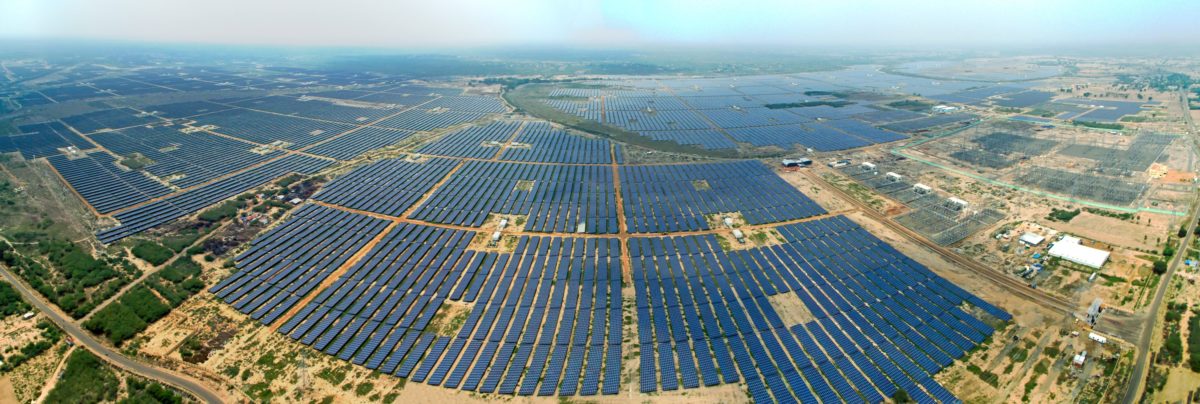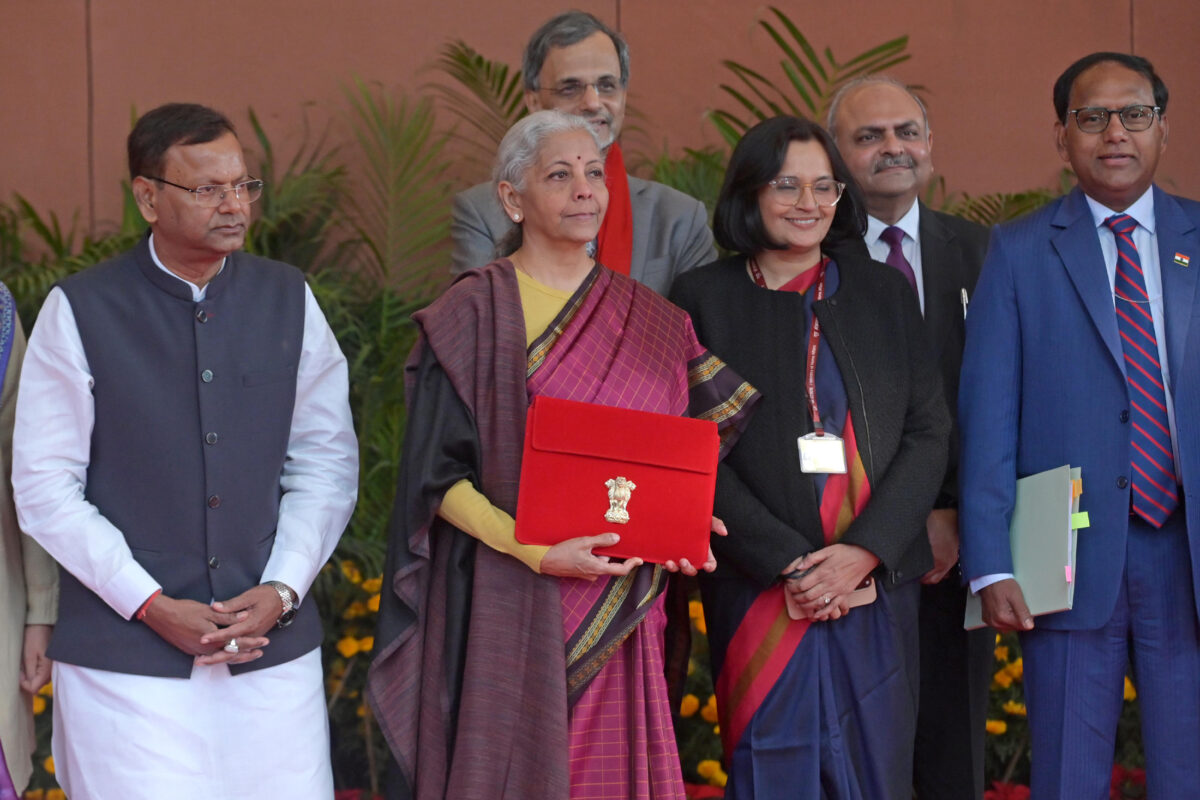Is India prepared for the surge in demand for storage, as it aims to touch 100 GW solar PV capacity? In other words, is it setting up the requisite infrastructure to manufacture storage systems domestically?
“We have already missed the beginning of it and are now playing catch-up. The bulk of manufacturing is happening abroad, where the people are researching heavily. We don’t want another scenario where the bulk of manufacturing is happening abroad and we are not even innovating,” said Ritu Lal, VP-business development, Amplus Energy Solutions, when speaking to pv magazine at a rooftop solar PV summit that was part of Solar India 2018 organised in New Delhi recently.
“Renewable energy is going to be produced as long as sunlight is available. Beyond a certain level of penetration, solar electricity generation may dip owing to some factors, and thus the consumer experiences a shortfall in electricity supply. We need storage to balance that fluctuation,” she explained.
With the right policy support, large scale solar parks of 100 MW and above could easily integrate energy storage to help improve the power quality and reliability issues that the grid can face with the rapid integration of solar energy.
“Many government projects that were cancelled are expected to move forward with a rise in private sector opportunities, and SECI’s consultation on a 160 MW solar-wind-storage hybrid in Andhra Pradesh,” Rahul Walawalkar, Executive Director, India Energy Storage Alliance (IESA), had earlier informed pv magazine.
Another push for energy storage is coming from increasing adoption of electric vehicles in India. As the battery pack and its management contribute to more than 50% to the cost of an electric vehicle, a recent TFE report had suggested that India should seek to develop a domestic battery manufacturing industry. Today, most of these expensive battery packs are manufactured in countries like China and Japan, and imported to India.
This content is protected by copyright and may not be reused. If you want to cooperate with us and would like to reuse some of our content, please contact: editors@pv-magazine.com.



By submitting this form you agree to pv magazine using your data for the purposes of publishing your comment.
Your personal data will only be disclosed or otherwise transmitted to third parties for the purposes of spam filtering or if this is necessary for technical maintenance of the website. Any other transfer to third parties will not take place unless this is justified on the basis of applicable data protection regulations or if pv magazine is legally obliged to do so.
You may revoke this consent at any time with effect for the future, in which case your personal data will be deleted immediately. Otherwise, your data will be deleted if pv magazine has processed your request or the purpose of data storage is fulfilled.
Further information on data privacy can be found in our Data Protection Policy.